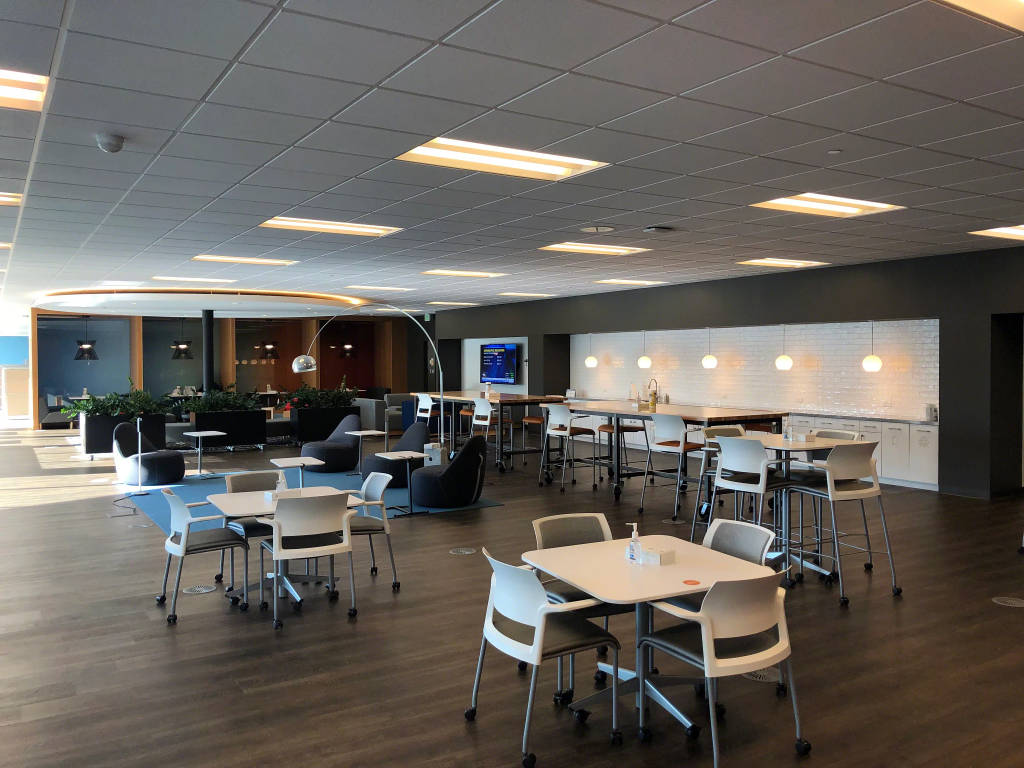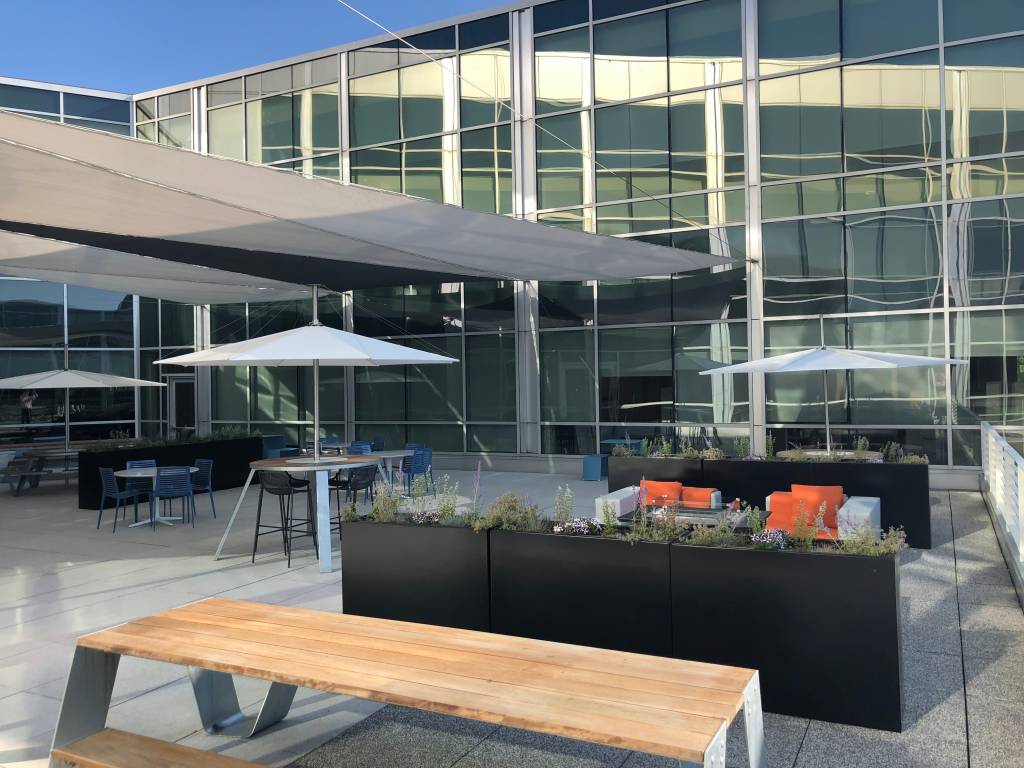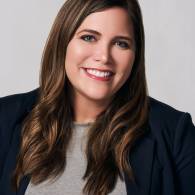ManpowerGroup: How HR Is Evolving Company Culture
A conversation with V.P of People & Culture Kari Atkinson about embracing flexibility in the workplace.
At a time when attracting and retaining sought after talent is top of mind for most organizations, Kari Atkinson is in an incredibly unique position. Kari is Vice President of People + Culture for ManpowerGroup, a global organization that connects people to jobs at companies of all sizes across industries. Kari led COVID response efforts at ManpowerGroup, introduced the Work Your Way flexible work model and played a key role in the development of the company’s employee value proposition called “Careers with Purpose.”
Dr. Tracy Brower, vice president of Workplace Insights at Steelcase, spoke with Kari about what she’s seeing in her human resources role for a global company focused on talent.
Dr. Tracy Brower: In what ways have your perspectives about the work experience changed over the last couple of years?
Kari Atkinson: What workers want has changed. It’s about careers, benefits, and flexibility and autonomy including when, where and how work is getting done. It’s about the total employee experience and people are much more willing to bring their full selves to work. The relationship between employee and employer has changed to focus on all dimensions of work and life and how they intersect.
I am always saying I am HR for an HR company which is so valuable because of the things I am able to experience managing a workforce. The job really extends to all our clients and what they are looking for as well as ManpowerGroup employees.
Watch our recent webinar as ManpowerGroup, Microsoft and Steelcase share what they are testing, measuring and learning to design the future work experience.
TB: How have employee expectations shifted since the pandemic began?
KA: Employees always had a voice, but now they are willing to share and be more transparent about what they want. For example, pay transparency is critical. Two years ago, we kicked off an initiative to share pay ranges with employees so they know what their pay potential is, giving employees the transparency they want. The willingness to have these conversations and be transparent with employees is crucial.
We really try as an employer to look at these changes through the lens of “What are we hearing from employees?” And from a DEI and B (diversity, equity, inclusion and belonging) perspective to understand where we are competitive, how we can ensure equity and where we have opportunities.

TB: How have you approached creating more flexibility for your people?
KA: Flexibility is an on-going conversation for us. We are still leaning into how we can design jobs and introduce flexibility that fit into all categories of work across the organization. Some jobs are 100% in person based on the work and who the role supports. Others may follow a hybrid model. But we are looking into all aspects of flexibility. It’s not just about remote work or hybrid work. What can our leaders do to provide choice for people?. Can they come in later or leave earlier? Can they flex their time?
We have learned there is no right or wrong way to work. There are some people who want to work 100% virtual and there is nothing wrong with that. On the other hand, there are roles that being in person is critical for success. For example, my position will be based in global headquarters. People are able to decide how they want to work and what roles they want to be in.
TB: How has the role of HR shifted in the past few years?
KA: Previously, HR leaders were the preservers of culture, and now we are tasked with evolving the culture. We really need to have a sense of what our employees want and that our culture is adapting to those changes. If you don’t have a good pulse on change, you can lose culture quickly.
TB: What workplace issues have you been focusing on?
KA: Definitely flexibility, which feeds employee retention and attraction. We are creating new listening strategies. So we are conducting “stay interviews” where we talk to employees to ask how we are doing, what they need, if they feel successful as well as check on their wellbeing.
We also know employees want to work somewhere that’s driven by a purpose. Our employee proposition at ManpowerGroup is focused around “Careers with Purpose” which has a double meaning. It is about purpose within your career but also about working for a purposeful company.
TB: How do you see the issues ManpowerGroup is focused on relating to the office and the workplace experience you create?
KA: Place will always be a part of how we work, but it depends what role place takes on within our work. There has been a shift. We are not just thinking about when we will be in the office and when we will be remote. Now we are thinking about the purpose of the office and how it supports our work like coming to connect and collaborate with one another.

TB: Have you seen any shifts in how people are using collaboration spaces?
KA: Our collaboration spaces are utilized 100% more than they were in the past. Since the pandemic, we have been able to see the spaces come to life. We recently opened an outdoor terrace that has an open collaboration space and a pop-shot basketball game. People have meetings out there, and specifically interns spend a lot of time there. Traditionally, everyone would just work at their desk. But we are now seeing people meeting in more of those shared spaces at work which is something we wouldn’t have seen before the pandemic.

Kari Atkinson is Vice President of People & Culture at ManpowerGroup – a leading Fortune 500 company delivering innovative workforce solutions. In her current role, Kari provides People & Culture leadership to the Manpower business to guide its talent strategy and deliver outcomes. Additionally, Kari leads the total rewards team with a focus on designing and enhancing ManpowerGroup’s rewards to attract and retain top, diverse talent.


